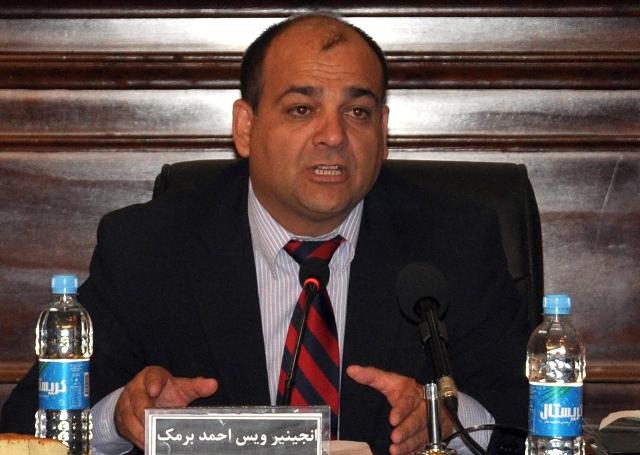What are the real threats facing the Afghan people as we approach 2014, when international military troops withdraw to their bases or leave the country — and responsibility for security rests wholly with Afghanistan?
Will Afghan National Security Forces, trained and equipped by the West, defect or melt away? Or will some internal mass uprising reveal a degree of discontent with the efforts, investments and sacrifices of the past decade, sufficient to cast them aside? People are even asking themselves, ‘was the whole effort a mistake?’ because of the relentless negative portrayal of my country in the media and among commentators.
And yet, all the evidence points in another direction, to another future. One that is rocky, not wholly clear-cut, and subject to disruption from sporadic acts of violence, but not one in which total social, political or military collapse is likely to happen.
In brief, the Taliban joining savings groups for the first time, pooling funds to invest in home-based businesses.
What the insurgents can do is continue to kill thousands of Afghans every year who are simply going about their daily lives, attending the mosque, travelling to market or to a wedding.
Though insurgents can disrupt, they cannot wholly destroy the gains of the past decade. If few are driven by ideology; many more are driven by unemployment. And here presents a key challenge: how and where to create the 400-600,000 jobs needed each year in a country where two-thirds of the population is aged 25 or younger. In my view, it is unemployment rather than insurgency that poses the greatest threat to achieving a stable future for Afghanistan.
Last year’s major international conferences in Chicago and Tokyo helped us all move forward. Chicago set a baseline of funding for Afghan National Security Forces and the Government’s recurrent costs. Long-term strategic partnerships cemented with countries such as the US demonstrate to the Afghan people the global community’s commitment to working with Afghanistan in the years ahead, to ensure my country never again becomes a breeding ground or safe haven for terrorists, a threat not just to the region, but the entire world.
These commitments give Afghans hope in the future, assurance that the world will not abandon Afghanistan again. And they are being agreed in the recognition that, given the ever-changing, multi-faceted nature of international terrorism, the consequences of abandonment could be even more severe than those of the past.
Those conferences set the scene for a more equal partnership between the Afghan government and the international community, with clear commitments on both sides. Donor assistance must be more closely aligned to our development priorities, more support must be channelled through formal government systems, where we must have the controls in place to ensure funds are spent as intended.
Those long-term commitments make development aid more predictable, building on the past decade’s investment in Afghanistan’s industries, health, and overall economy to realize the nearly two-dozen National Priority Programmes endorsed by donors as focal areas for development.
One major effect will be to create jobs. As a government minister responsible for achieving growth and redevelopment in rural Afghanistan, the challenge posed by high levels of under- or unemployment is significant. Three-quarters of Afghans live in rural areas, mostly engaged in farming, yet agriculture only contributes one-third of the country’s GDP. One way of increasing this contribution will be through establishing value chains enabling farmers to add value to the food they grow through processing and canning, through cold storage for off-season sales, and building national and regional distribution networks.
Strengthening the non-farm rural economy is a priority if we are to address the challenge of opium poppy cultivation. Working together with ministry colleagues in Agriculture, Counter-Narcotics and Energy and Water, we have developed programmes taking a multi-pronged approach to boosting the rural economy, promoting licit and lasting jobs.
But real investment in strategic infrastructure is also essential: without access to electricity or water for irrigation and household use, my government’s ability to strengthen the rural economy, to reduce population drift to towns and cities, and to provide sustainable jobs for our young men and women, will always be seriously compromised. Perhaps what my country needs most is a New Deal for Afghanistan. If so, it is the American Government and people, together with Afghanistan’s international friends and partners, who can offer the greatest experience, knowledge and insight on which to draw and to work with us to achieve a stable, secure and prosperous Afghanistan.
The writer is the Minister of Rural Rehabilitation and Development.
Visits: 0









GET IN TOUCH
NEWSLETTER
SUGGEST A STORY
PAJHWOK MOBILE APP